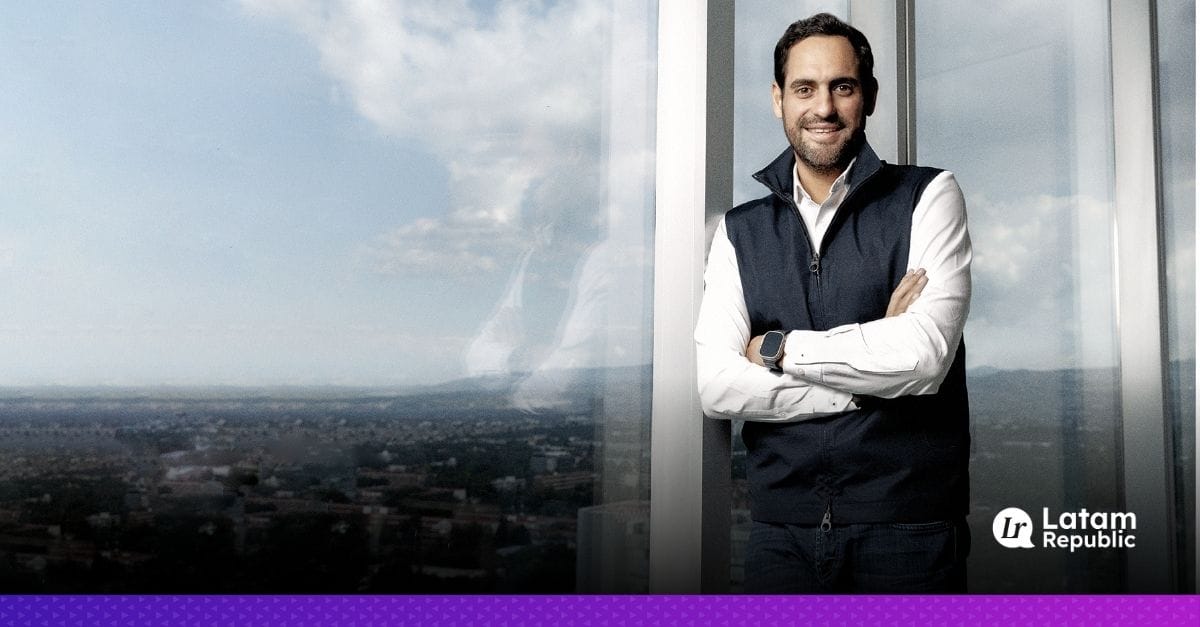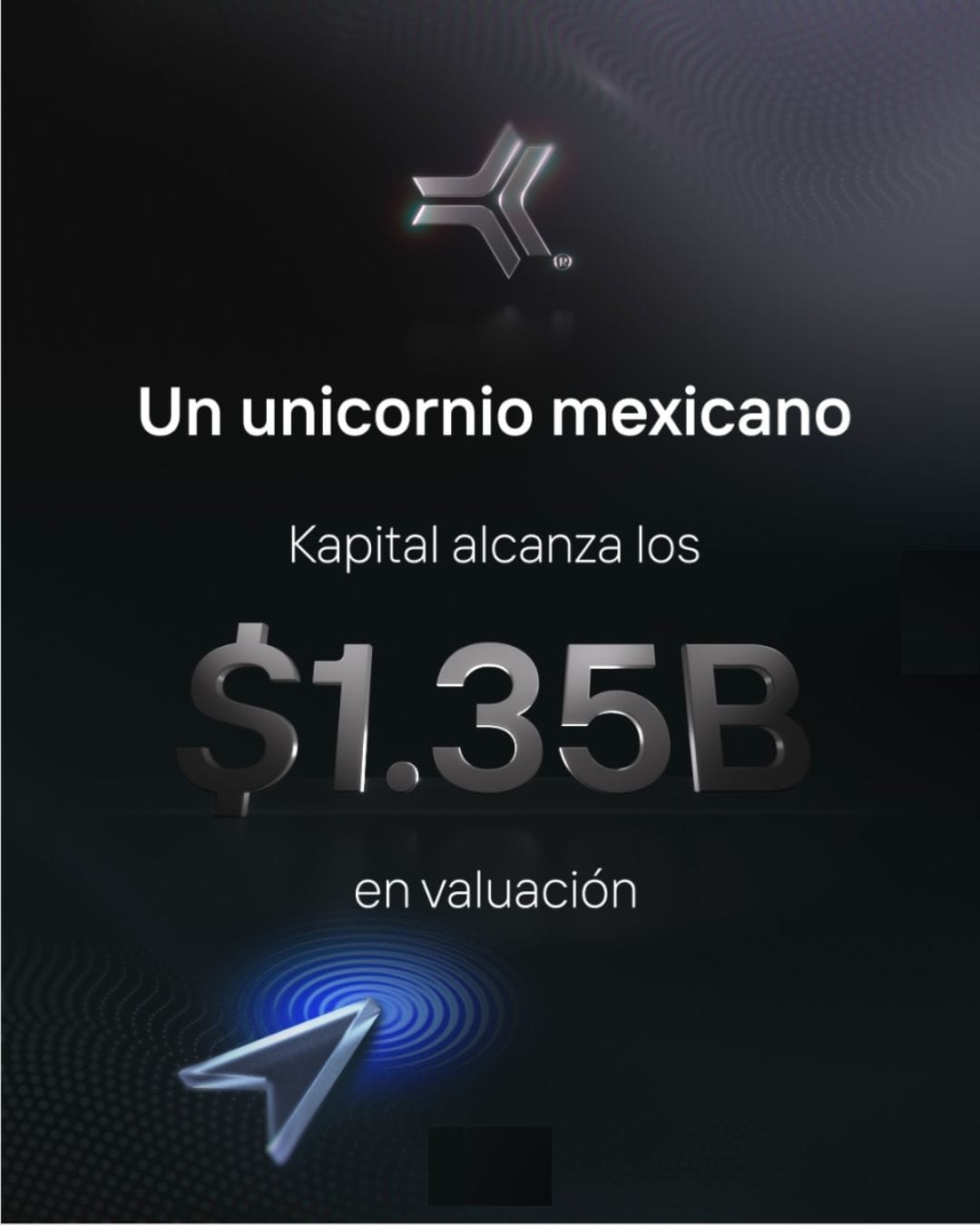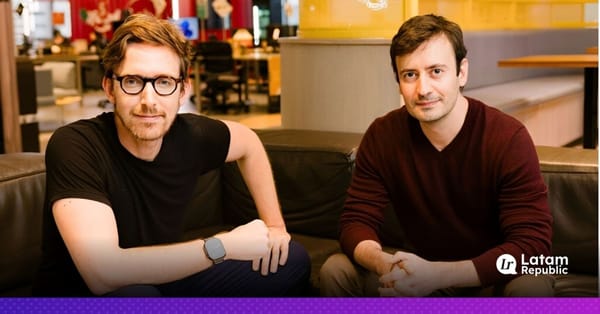Kapital, the unicorn that puts Latin America on the global AI map
Kapital has become a milestone not only for the company itself but also for the entire Latin American startup ecosystem.

Kapital has become a milestone not only for the company itself but also for the entire Latin American startup ecosystem. Kapital Grupo Financiero closed a $86 million Series C funding round, doubling its valuation to $1.3 billion and securing its place as the first artificial intelligence unicorn in the region. This achievement highlights the growing competitiveness of Latin America in the global digital economy.
A Historic Funding Round
The Series C round, led by Tribe Capital and co-led by Pelion Ventures, also included participation from Y Combinator, Marbruck Ventures, and True Arrow. According to the company, the new capital will accelerate the development of its unified financial ecosystem, designed with artificial intelligence at its core and focused on empowering businesses across Latin America.
“We are very proud to join the small group of unicorns emerging in Latin America. Kapital Grupo Financiero reached profitability in less than two years, and our growth continues to accelerate thanks to the unique combination of a banking license and proprietary software,” said René Saul, CEO and co-founder of Kapital Grupo Financiero.

Why Kapital Is Different
Unlike many fintech startups, Kapital was built from scratch as a technology-driven bank with its own infrastructure and banking license. This approach has allowed it to acquire traditional institutions, replace outdated platforms, and migrate them into its proprietary system.
Currently, Kapital manages a balance of $3 billion and serves 300,000 clients across Colombia, Mexico, and the United States.
“Our model is not only fueled by capital but by our ability to modernize infrastructure through advanced AML/KYC compliance, machine learning, and AI-powered risk systems,” explained Fernando Sandoval, CFO of Kapital Grupo Financiero. “We are consolidating Kapital as the most visionary tech bank in the region, designed to multiply value with every product, acquisition, and client we bring into the platform.”
What Does It Mean to Be a Unicorn?
The term “unicorn” was coined by investor Aileen Lee to describe startups valued at over $1 billion before going public. For Kapital, this recognition is even more significant as it becomes Latin America’s first AI unicorn, setting a precedent for how artificial intelligence can transform the region’s financial sector.
By combining regulatory compliance with proprietary technology, Kapital not only reached unicorn status but also established a new benchmark for tech-driven banking in emerging markets.

Latin America’s Role in the Digital Economy
Kapital’s success reflects the untapped potential of a regional, integrated market in Latin America. In countries like Mexico and Colombia, access to financing for SMEs has long been a structural challenge. By applying artificial intelligence to credit assessment, risk management, and compliance, Kapital is addressing one of the most pressing barriers to economic growth.
This achievement positions Latin America as more than just a follower of global innovation trends, it showcases the region’s ability to lead with disruptive models that blend financial expertise and cutting-edge technology.
Recognition and Global Spotlight
Kapital has been recognized as a Technology Pioneer by the World Economic Forum in both 2024 and 2025, and was featured on the CNBC Disruptor 50 list in 2024. These distinctions underline its international relevance and the scalability of its model beyond Latin American borders.
A Signal for Entrepreneurs and Investors
Kapital’s unicorn status sends a powerful message: investing in technology and artificial intelligence is key to building sustainable, scalable companies in the region.
For entrepreneurs, it is a reminder that Latin America is fertile ground for world-class innovation. For investors, it signals that the region offers high-growth opportunities that can compete globally in the digital economy.




